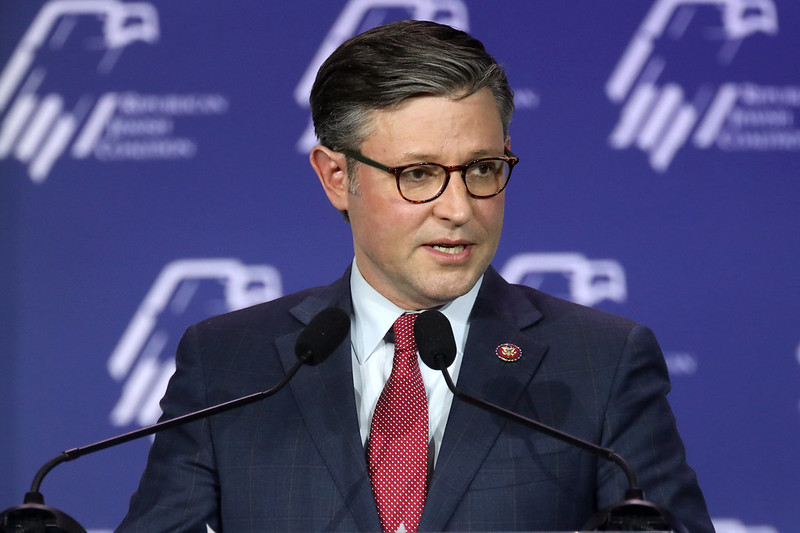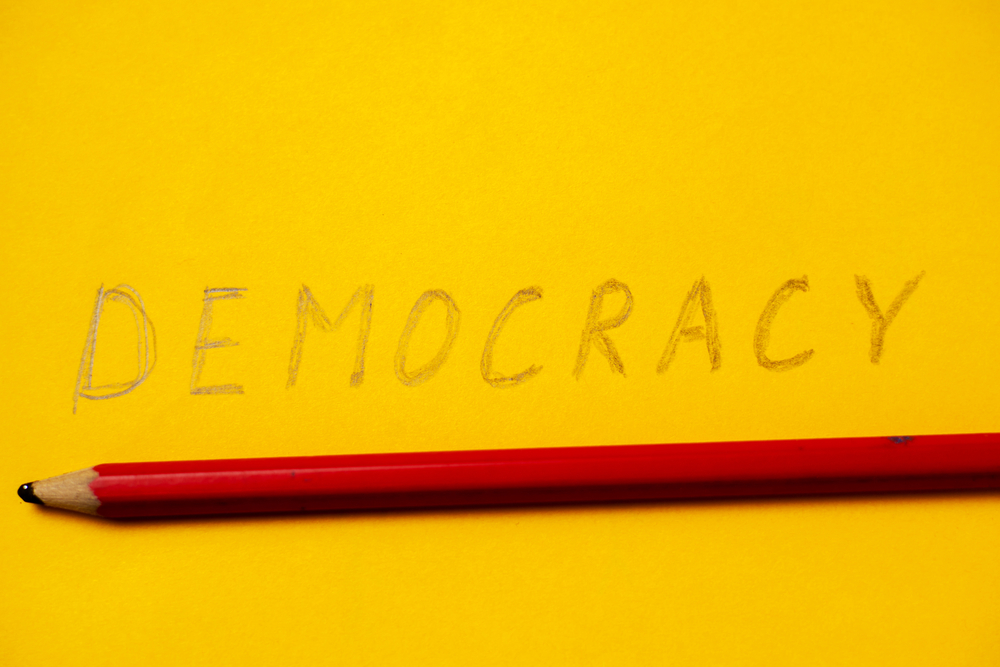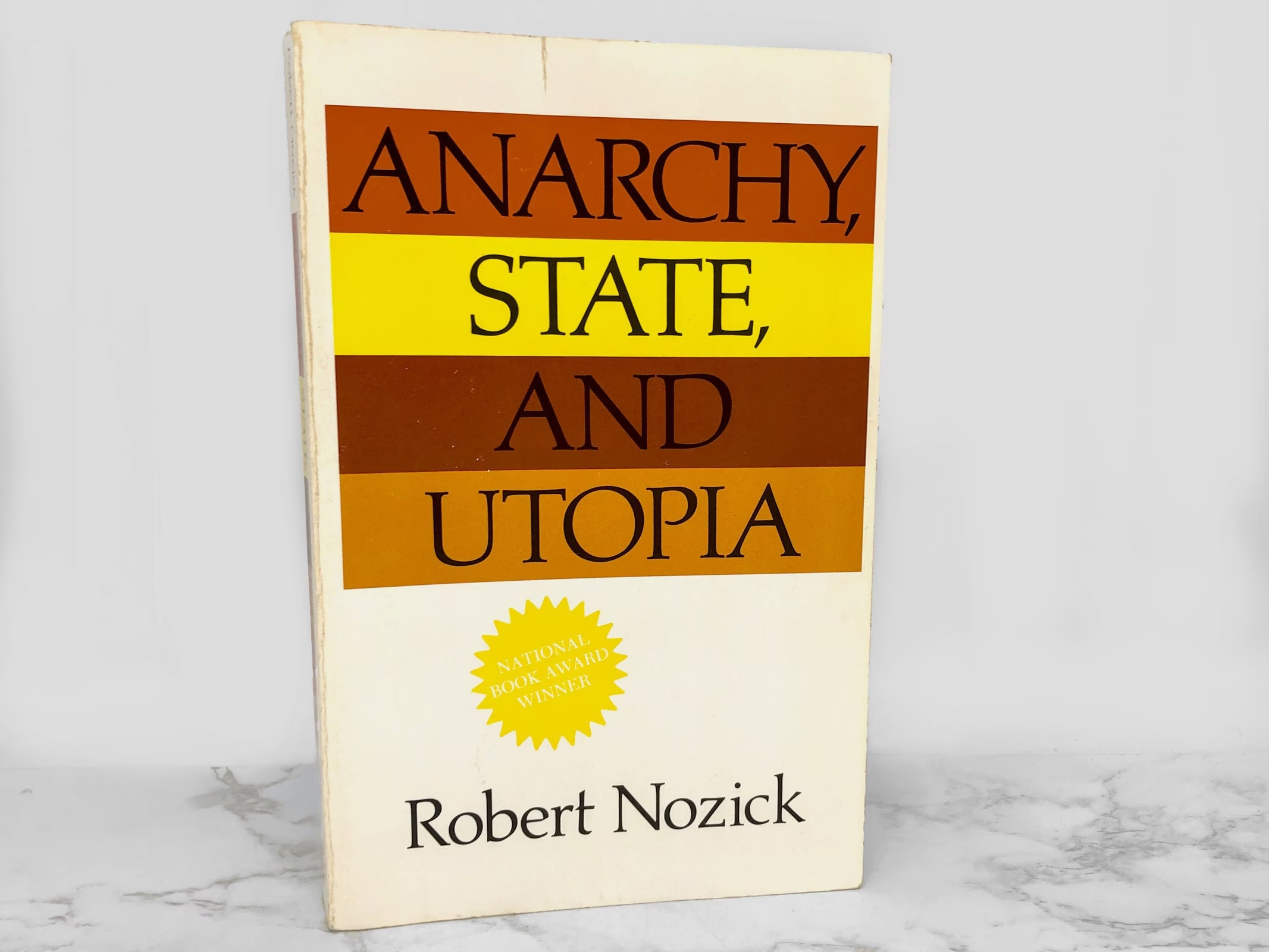Today, government provides many goods and services that used to be addressed by private means. Public education is one of the most salient examples.
Government stepped into education with the best of intentions. Yet it goes without saying that many people remain dissatisfied with the current outcome. Polls have shown a steady decline of confidence in public schools over time, and it is frequently one of the key issues in US politics. Because the government has been involved for so long, people naturally look to government for the solution.
If you suggest that the private sector could offer a better remedy, you will quickly encounter all sorts of conventional reasons why the market is ill-suited to the task. You might hear that the market is only good at producing a commodity and cannot provide the customization needed in education. Or perhaps you will hear that the market is incapable of providing the level of quality required. Moreover, since there’s no profit to be made in serving the poor, the market won’t work for them. And so on.
These types of objections have two important characteristics in common. First, they all sound like plausible economic arguments for government to intervene. And second, they have nothing to do with economics.
In economics, the question of government intervention is much more narrow. It does not matter whether the product involved is a good or a service, whether it is standardized or customized, or whether it is essential or frivolous. The main thing that matters is whether the good or service involved is a “public good”. If it is a public good, government intervention of some form may be necessary. If it’s not a public good, we would expect the private market to work just fine.
So the question then becomes, what is a public good?
Public goods are defined by two characteristics: they are nonrival and nonexcludable.
Nonrival means that my enjoyment of something does not interfere with your enjoyment of that thing. For example, clean air would be nonrival in consumption. You and I could both live in a city with clean air and enjoy the benefits of breathing clean air at the same time. By contrast, almond milk would be rival in consumption. If you drink a glass of almond milk, I cannot drink that same glass of almond milk.
Nonexcludable means it is difficult or impossible to exclude people from enjoying a given benefit. For most things, it is easy to exclude people. If you don’t pay for an orange at the grocery store, you don’t get to eat the orange. But if it were, say, a fireworks show, it would be hard to exclude people from enjoying it. If they looked up at the sky without paying, then we’d have what’s referred to as “the free-rider problem”.
These criteria explain why national defense is considered a public good. To see why, it’s helpful to set any foreign policy objections aside and keep things theoretical here.
If the military exists and makes us safe from external aggression, we would all benefit from this security. One person benefiting from security doesn’t reduce the security enjoyed by others; thus, it is nonrival. And since everyone in the borders would get the benefit by default, it’s also nonexcludable with respect to everyone that lives here. Thus, national defense is a classic public good. Provided they aren’t anarchists, most economists would say government has some role to play in providing a military and national defense. The nonrival and nonexcludable nature of national defense would make it more difficult for a private market solution to work.
However, when we try to apply these same public goods criteria to education, we arrive at a different answer. Education is rival in consumption–because one can only have so many students in a classroom before the learning experience deteriorates. Education is also excludable; people that don’t pay could be blocked from attending class, getting their transcripts, etc. until they do pay.
From the above, we would not consider education to be a public good. And thus, we would generally assume the market would be able to provide this service effectively.
The way people get around this conclusion is by claiming that we all benefit from living in an educated society. And since this benefit is both nonrival and nonexcludable, suddenly, education becomes a public good. Government should do it after all!
This kind of argument may sound plausible at first. But we should be skeptical because it can be applied to almost anything. For example:
“We all benefit from living in a society with fast computers.”
“We all benefit from living in a society that has diverse, quality music.”
Both of the above may be true, but it does not follow that I want the government engaged in producing laptops or EDM.
So it is with education. Education is ultimately a private good, and the private sector, for-profit and not-, is likely to excel at providing it.











